Table of Contents
The majority of people in the world do not even know the difference between cable internet vs fiber-optic connection. For most people, it’s just "the internet" and as long as they remain connected, it’s fine. The thinking that “it’s all the same” is unsurprisingly common.
Key Takeaways
- Fiber is better at delivering the fastest internet speeds, but cable is much more available and often cheaper.
- Although fiber internet offers faster and more reliable speeds than cable internet, cable internet is available in significantly more parts of the U.S. than fiber internet.
- Both can reach beyond gigabit speeds (1,000 Mbps), but cable doesn’t have the symmetrical (equal) speeds provided with fiber.
But the truth is, there is a difference. A big difference. Your internet demands depend heavily on the type of business you conduct online. While some businesses and activities might require more power, speed, and reliability - others might not.
Online games demand high speed and dependability, while remote office work needs minimum speed to be effective. Depending on your needs and online activities, either cable internet or fiber could be better suited for you.
Let's dig deeper and look at the pros and cons of fable vs cable.
What is Fiber Optic?
Fiber-optic networks use light to carry signals, information, and data to and from the user via fine, thin plastics or glass fiber optic cables. The light that passes through the fiber line pulses in a pattern and could reach high speeds of 1Gbps (Gigabytes per second) or 70% the speed of light.
Fiber internet is best known for its higher data transmission upload speeds and download speeds. On the other hand, there's also a DSL vs Fiber dilemma to consider.

Who is Fiber Internet Connections for?
Any business with demands of high download and upload speeds and reliable internet connectivity is the main market of fiber internet connections. This is because businesses require internet services that provide continuous internet access for remote meetings, hosting, streaming, and communication across great distances. Unfortunately, it is less likely for cable internet speeds to be enough for any data-demanding business.
A downside to fibre internet is that it is NOT widely available yet. Most areas need to have fiber optic cables installed in their areas first to avail of fibre internet. Because not all areas are cable-ready, it is important you ask internet providers first if your area is serviceable. Also, you can visit our top internet providers review, or read our Spectrum vs ATT comparison.
What is Cable Internet?
Cable internet uses the same technology that cable television uses. Both services uses coaxial cables to transmit data and receive information. A copper core insulated with aluminum, a copper shield, and an outer plastic layer comprise the coaxial cable. If you have ever tinkered with the back of your TV to try and get better reception, then chances are you have had your hands on a coaxial cable before.
Speeds that can be achieved through cable internet are significantly lower when compared to fiber internet. Due to it being very accessible, easy to install and subscribe to, it is the most common type of internet connection we have in the world. See here how straightforward the Spectrum internet installation really is.
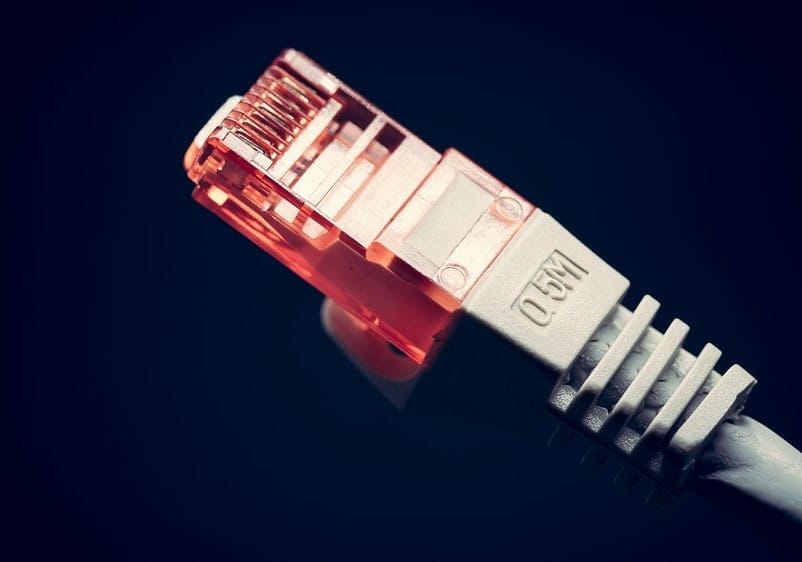
Cable networks can still be able to transmit data at decent speeds, but it pales in comparison to fiber (or even broadband) networks. Nevertheless, make sure to see the best Ethernet cables, to get a hang of it.
How about Cable Internet?
In a perfect world, every business or residential home should be able to afford a service provider that provides continuous connectivity for your gaming, work, or to be socially available online.
But because a fiber optic network is not widely available yet, many people have no choice. Cable internet connectivity providers essentially use the same coaxial line as their TV provider counterparts, making it extremely easy to install and ultimately offered in more areas.
For most people, it is the only choice available to us. Which does not mean it's a bad thing. Cable internet although slower compared to fiber internet can offer decent speeds and reliability. Cable internet subscriptions are often bundled with a cable subscription since they use the same system to function. The only difference is that you will need a modem termination system and a cable modem for you to connect to the internet.
Is Fiber or Cable Internet Better?
Yes, fiber optic internet is faster than cable. But when making a comparison between one network to the next, internet speed (Mbps) shouldn't be your only consideration.
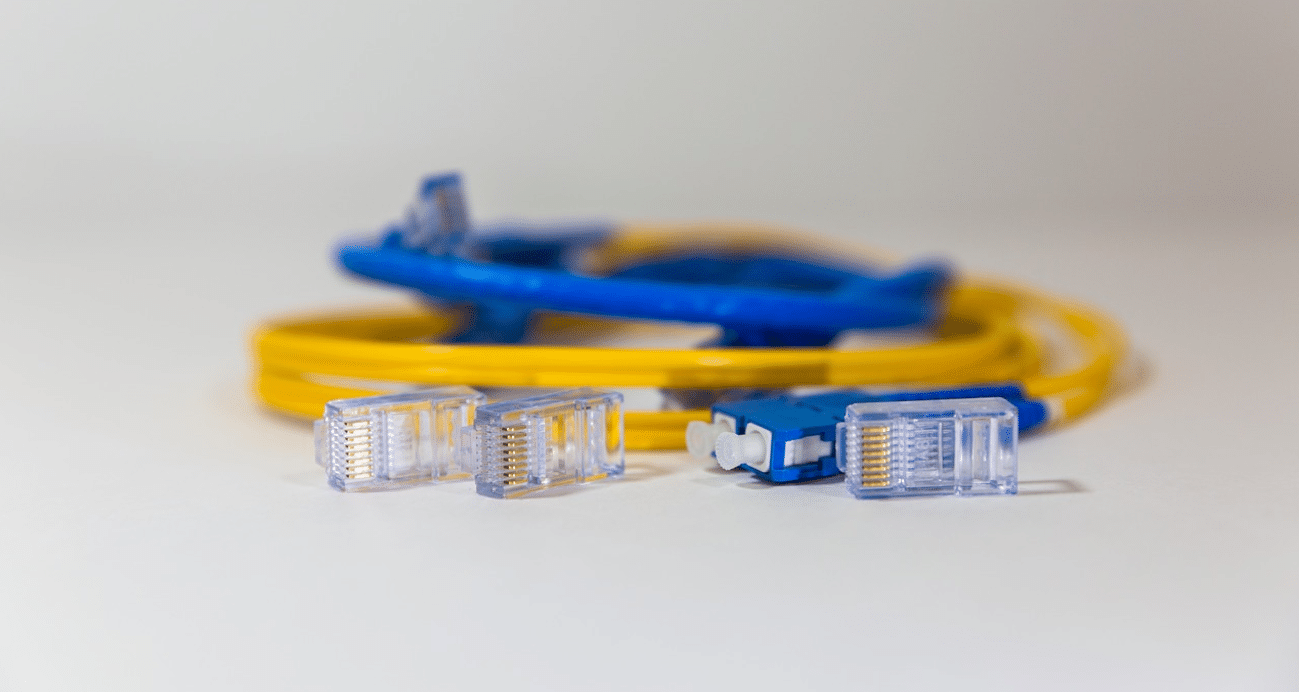
Fiber vs Cable Internet: Fiber wins in terms of upload speeds and download speeds.
The bandwidth speeds range from 100 Mbps to 1,000 Mbps. You can definitely find plans higher than 1,000 Mbps but they're not worth the money for most households. If you're running a business, then go for the best Mbps fiber optic internet providers have, since the advantages in speed should work in your favour no matter what kind of business you have.
Pros of Fiber Optic Internet
Cons of Fiber Optic Internet
Fiber vs Cable Internet: Cable wins in terms of availability and infrastructure in place.
When comparing fiber optic internet providers vs cable internet, the cable is the most recommended for areas with access to phone lines (but not access to fiber copper network yet). Cable service is as widely available as any broadband service or phone line.
Unfortunately, you're lucky to find 50 Mbps cable speed today. The good news is cost should be significantly lower than broadband or fibre internet service.
Pros of Cable Internet
Cons of Cable Internet
Is Fiber Optic Internet Better than Coax?
Fiber optic internet is better than a coax internet in so many ways. To better explain why fiber is far superior to cable or coax internet, it all has to do with friction and the effect it has on carrying data.
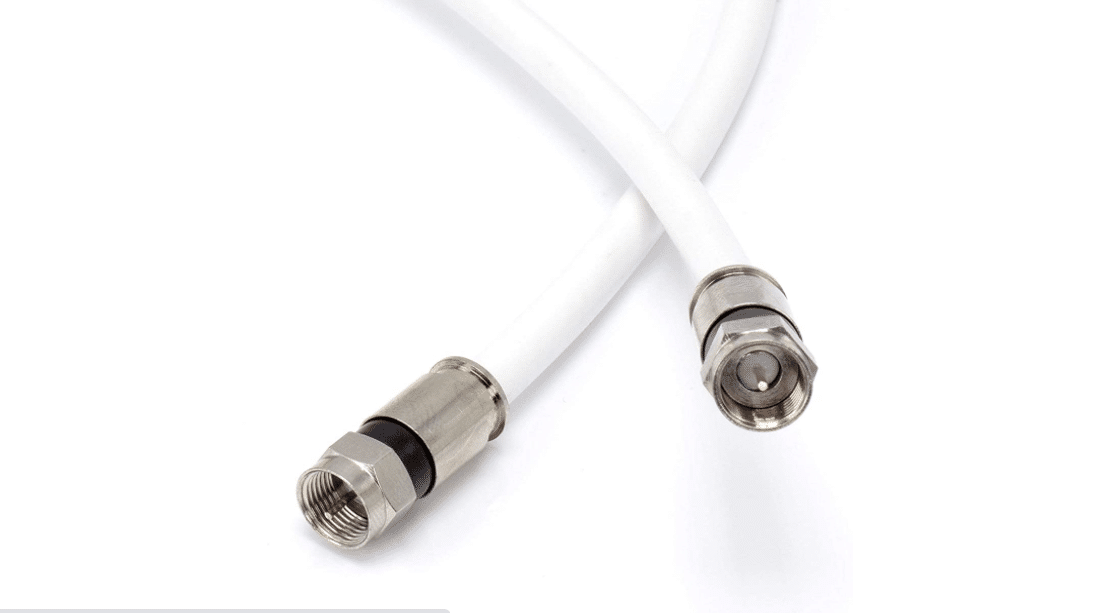
Coax internet cables utilize copper cable is wrapped in rubber or plastic. Copper is metal and these copper cables get hot while in use. Over time, the accumulated heat from usage weakens the copper and in turn, affects the service because it becomes susceptible to interference.
Fiber vs Cable Compares Old vs. New Cutting- Edge Technology
Do you have a cable connection?
Have you ever wondered why sometimes you have a weak signal and other times the signal is strong? Even a non-techie would think there's something wrong with the service. This problem occurs due to the fundamental design and components of a cable network. Coax signals are just too sluggish and inconsistent due to friction and interference.
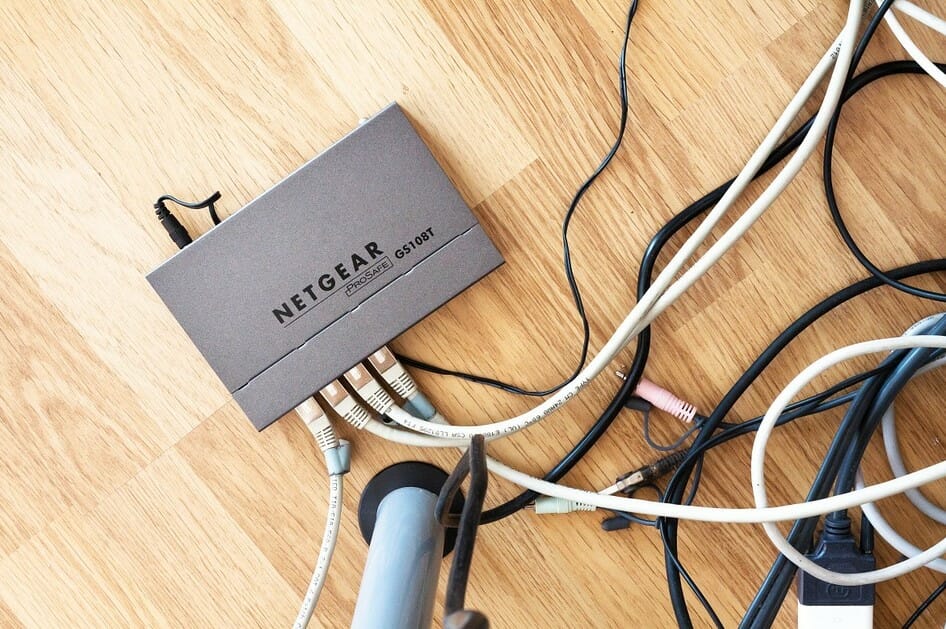
A cable network just uses old technology. In fact, many people don't even realize that their cable internet provider is slow until they switch to fiber. Cable internet is fundamentally flawed due to the fact that it will not age gracefully. It is not designed to sustain a data-heavy future.
But it is here. And it is a working system. It is not bad, it is not good either. It simply is just working for most people.
Connecting to the Future
Fiber internet does not suffer from all the pitfalls of cable internet. There is no friction, there is no susceptibility to interference, and it offers greater speed and dependability. Fiber plastics or glass are more cost-efficient, more durable, and are capable to cover a longer range compared to copper.
Fiber internet can offer internet speeds of download speeds and upload speeds of up to 1,000 Mbps and even higher. It is built to be the connection for a data-heavy world. This is the internet service that will deliver consistent speeds and connectivity.
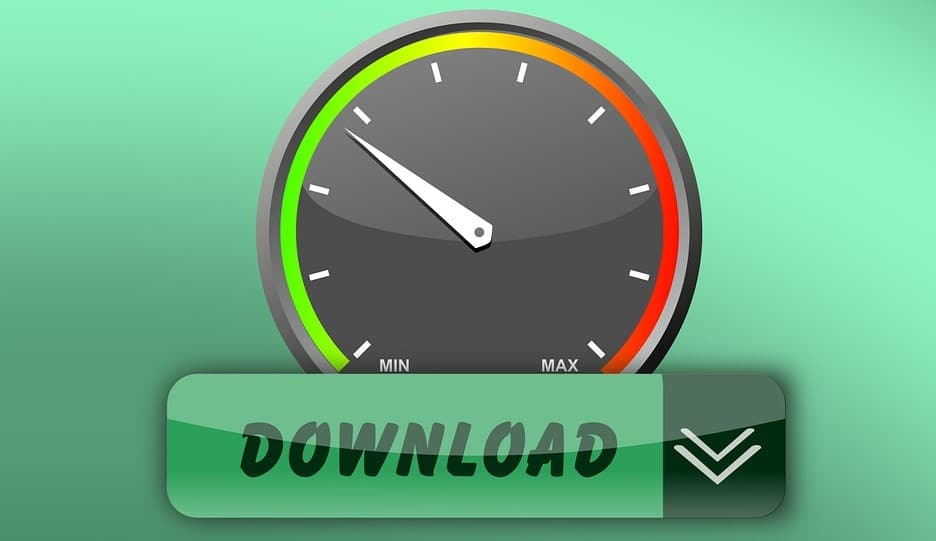
A fiber internet service is the perfect type of connection for crucial services and businesses that rely heavily on a consistent connection. Although not all businesses have taken the leap and upgraded their connections, viewing changes like these as risks, there are some that have made the switch to fiber connections that have seen a noticeable return on their investment. Better communication leads to better collaboration: all possible through a stable and consistent internet connection.
Unavailability Kills the Advantages of Fiber
For all the arguments in favor of fiber internet as the best option, one thing holds it back: its availability. Cable internet has 89% coverage across the United States. It is easily installed and readily available in more areas compared to fiber internet. If you have a cable TV subscription, chances are, the same company can hook you up with an internet connection as well.
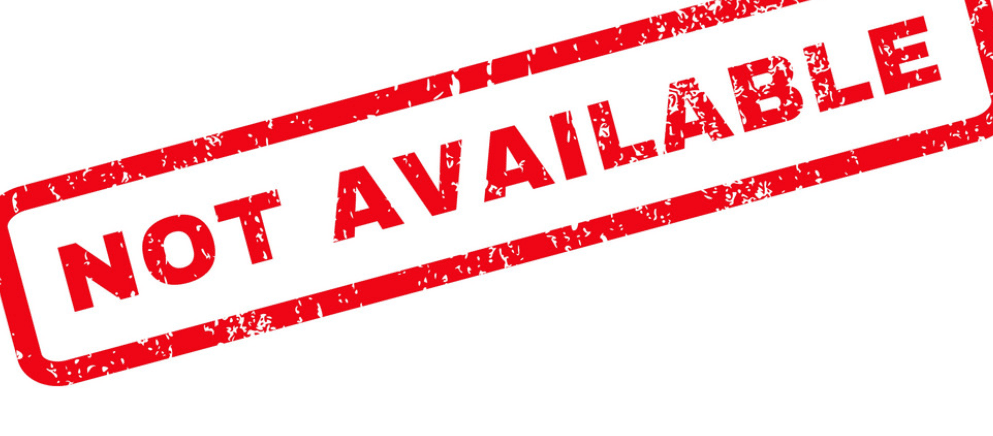
Unfortunately, fiber optic technology is yet to be that common. Although strides have been taken to lay fiber-optic lines, it has yet to reach availability as cable internet can afford the masses. Currently, fiber internet covers 25% which covers mostly only cities and metro areas. This means even if you wanted to subscribe to a fiber connection, you might not really be able to especially if you live in a remote area.
Fiber is better for reliability, internet speed, and dependability. Although cable internet is readily available and much more accessible. As of now, it all boils down to which is available in your area. Both have strengths and weaknesses, but fiber internet is better suited for the eventual data-heavy future.
Cable vs. Fiber: Which Internet Type is Right for You?
Although on paper, fiber internet seems to be the better type of connection, it simply isn't for everyone yet. With faster internet speeds, fiber internet is the connection and a reliable internet of the future but at the moment, we still lack the infrastructure to support it.
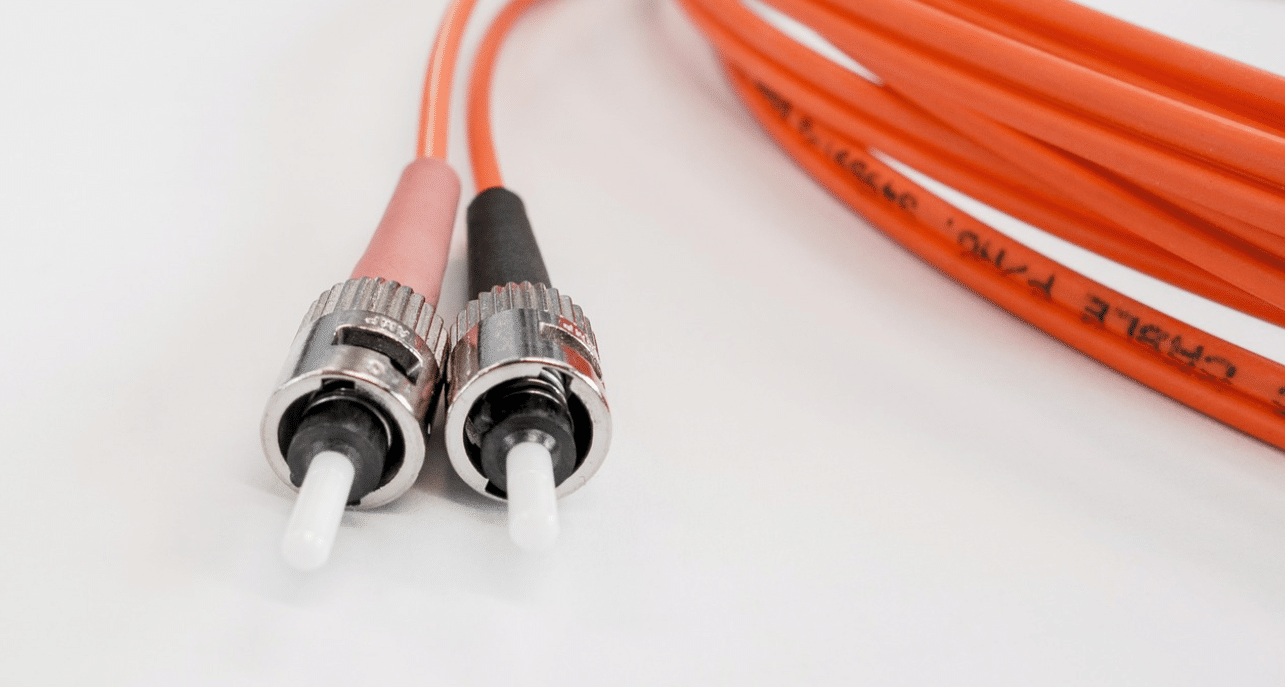
Cable internet is readily available and easier to acquire for the majority of areas. You can find a provider almost anywhere. Although it is the "old" technology, it is still currently the best option for most of us, in terms of efficiency, availability, affordability, and reliability.
Due to the fact that cable utilizes electrical signals, it is more subject to weather events (such as extreme cold, storms, etc.) and electromagnetic interference than fiber-optic.
Cable internet might not be the "absolute better option", but for many, it could be the only option.
If you're lucky to find a provider of both and you're weighing your options between fiber vs cable, then your answer would boil down to cost.
Fiber vs Cable Internet: Price
To compare apples to apples, let’s look at what different fiber and cable companies charge for gigabit internet packages. You can definitely get cable internet speeds slower than a gigabit to save some money, but many internet services with fiber use it only for gigabit fiber internet plans.
Cable gigabit internet packages tend to cost around the same amount. There are outliers, of course, but most gigabit plans cost $60–$90 per month. If you are choosing between gigabit internet plans, we recommend going with fiber, since you get faster upload speeds.
But not everyone needs gigabit internet. Gigabit connections are usually the most expensive plans available. Cable internet providers and fiber optic internet providers typically have other fast internet plans from 100 Mbps to 900 Mbps while fiber providers often do not.
Final Word on Cable Internet vs Fiber Internet
For businesses that need the fastest internet connections, have larger bandwidth demands, and need reliability for essential functions, fiber may be the best choices. With fiber, you can use it for both video and voice applications, server hosting, and application hosting.
You can also get the fastest speeds over longer distances with fiber. The most demanding users should opt for fiber.
Alternatively, businesses that don’t have servers at their locations, don’t have a lot of content needs, and don’t necessarily have mission-critical internet applications, may choose cable for the savings benefit.
FAQs
1. What is the difference between cable Internet and fiber Internet?
The main difference between cable Internet and fiber Internet is the type of technology used to deliver the service. Cable Internet uses a coaxial cable, while fiber Internet uses a fiber optic cable.
Cable Internet is typically cheaper and faster than fiber Internet, but it can be more prone to outages. Fiber Internet is more reliable and has a higher bandwidth capacity, but it is also more expensive.
2. Is Fiber cheaper than cable?
Fiber is cheaper than cable in most cases, but it also depends on the package that you are looking for. With fiber, you usually get a higher internet speed connection and more channels than you would with cable.
3. Does fiber need a modem?
Fiber optic internet does not require a modem. This is because fiber optic cables use light signals to transmit data, whereas modems use electronic signals. Fiber optic cables are much faster and more reliable than traditional copper wiring, making them the preferred choice for businesses and households that rely on high-speed internet.
4. Is 50 Mbps fiber fast?
50 Mbps fiber optic service is considered to be a high-speed internet service. However, there are many factors that can affect the actual speed that you experience, such as your location, the time of day, and how many people are using the network at the same time. In general, you can expect to get speeds of 50 Mbps or more when using a fiber optic connection.
5. How good is cable Internet?
Cable Internet service is a good option for those who need a high-speed connection and don't mind paying a bit more for it. Cable internet providers tend to have faster download and upload speeds than DSL providers, and the monthly price is usually comparable. Keep in mind, however, that cable service may not be available in all areas.

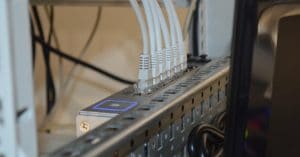
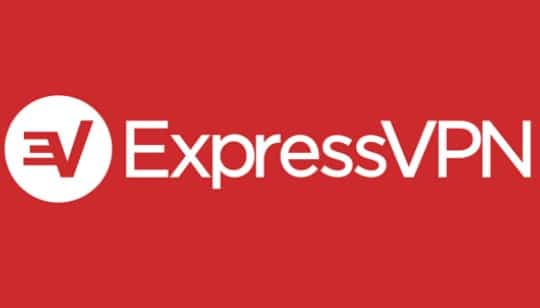
Is there any type of comparison or conversion table that shows equivalent speed between cable internet and fiber residential service? I just discussed this with a representative from Frontier Communications who said that an 18 Mbps fiber connection is equivalent to my current 200 Mbps cable internet connection from Spectrum. Is that correct?
I’m extremely skeptical until I receive confirmation from a non-sales technician-level expert, such as yourself. 🙂